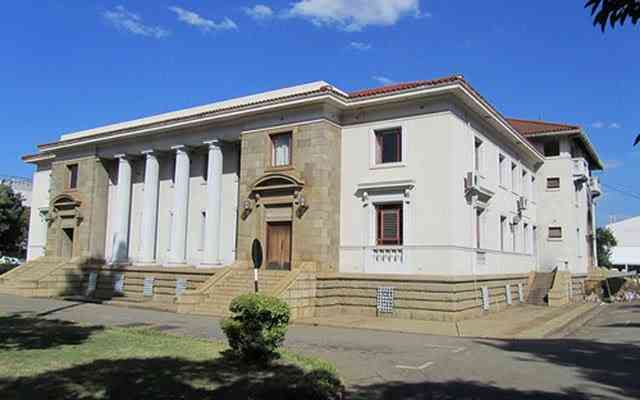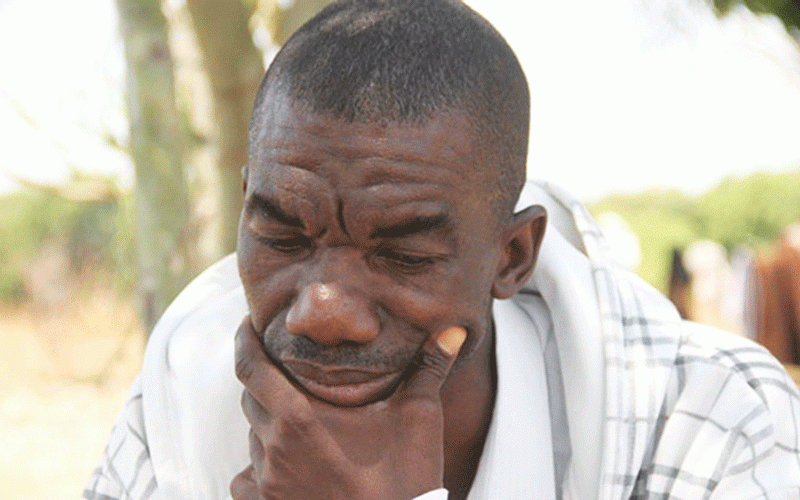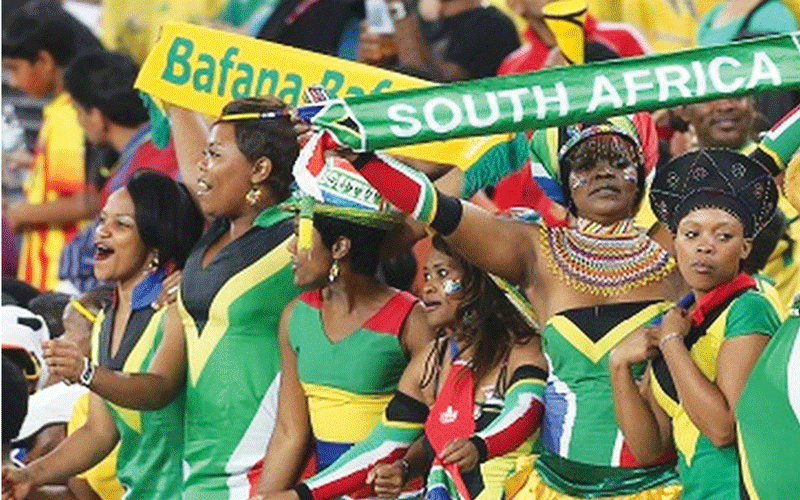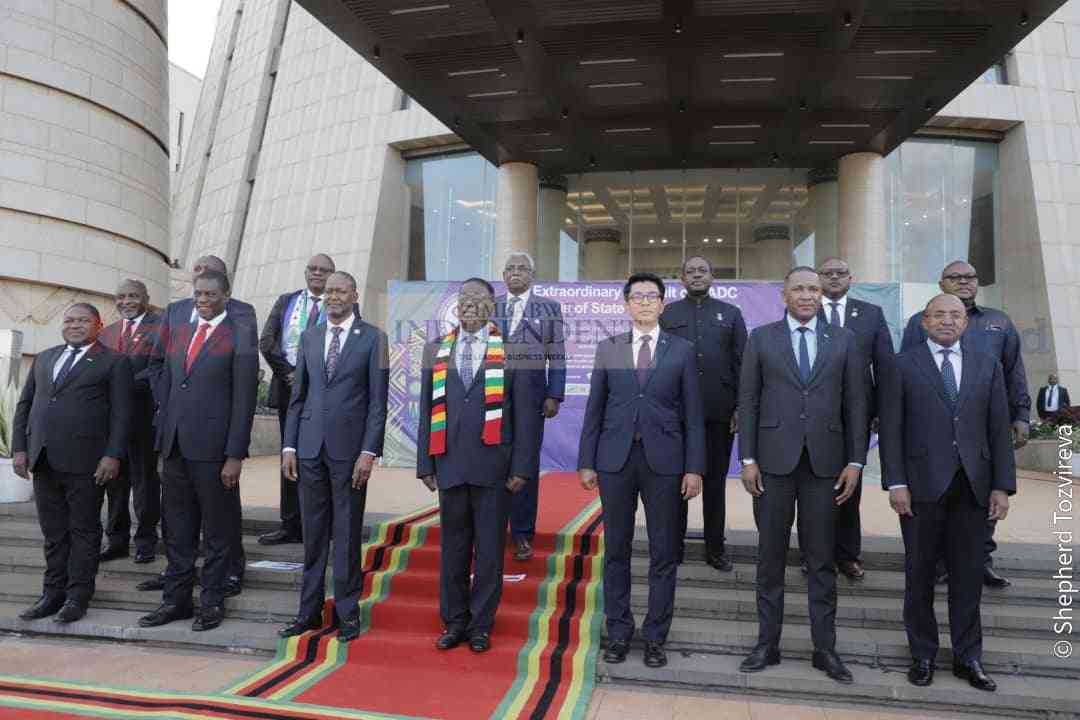
The perennial water crisis gripping Zimbabwe's capital has metamorphosed from a mere service delivery challenge into a complex humanitarian emergency that lays bare the deep-seated governance failures, social inequalities and environmental degradation plaguing the city. For over three decades, residents in suburbs like Mabvuku have endured life without reliable tap water, transforming what should be a basic human right into an elusive luxury.
The magnitude scope of Harare's water crisis is staggering. Community Water Alliance director Hardlife Mudzingwa's revelation that the city produces a mere 200 megalitres against a daily demand of 800 megalitres illuminates the severity of the shortage. This critical deficit stems from a perfect storm of challenges: decrepit colonial-era infrastructure groaning under the weight of modern demands, exponential population growth that has far outstripped planning provisions and systematic environmental destruction that has compromised natural water sources. What was originally designed as a water system for 300 000 residents now desperately attempts to serve over five million people across greater Harare, including satellite towns like Norton, Ruwa, Epworth and Chitungwiza.
The economic ramifications of this crisis have penetrated every facet of urban life, creating a ripple effect that threatens the city's economic viability. Industries struggle to maintain production schedules, healthcare facilities grapple with maintaining basic hygiene standards and small businesses face operational challenges that drive up costs and reduce competitiveness. The productive capacity of the workforce is severely compromised as countless hours are lost in the daily quest for water. This economic heamorrhage is particularly devastating for informal sector workers, who constitute the majority of Harare's working population and lack the resources to implement private water solutions.
The gender dimensions of this crisis reveal a disturbing pattern of social inequality and vulnerability. Women and young girls have become the primary water bearers, forced to navigate dangerous pre-dawn hours to secure this essential resource. The ritualistic queuing at boreholes and other water points has created new spaces of vulnerability where sexual harassment and assault flourish. This gendered burden extends beyond physical safety to impact educational opportunities, economic participation and overall quality of life for women and girls. The crisis has effectively institutionalised gender inequality, turning water collection into a form of unpaid labour that disproportionately affects female residents.
Zimbabwe's Constitution, particularly section 77, explicitly guarantees the right to clean, safe water as a fundamental human right. The Water Act [Chapter 20:24] and the Environmental Management Act [Chapter 20:27] provide comprehensive frameworks for water resource management and environmental protection. Regional instruments such as the African Charter on Human and Peoples' Rights, the Sadc Protocol on Gender and Development and the Protocol on Shared Watercourses further reinforce these obligations. On the international stage, Zimbabwe's commitments under the International Covenant on Economic, Social and Cultural Rights and the Sustainable Development Goals, particularly SDG 6 on Clean Water and Sanitation, stand in stark contrast to the current reality.
Environmental degradation has emerged as a critical accelerant of the water crisis. The Cleveland Action Alliance Trust's observations about wetland destruction highlight a devastating cycle of environmental damage. Wetlands, which naturally filter water and maintain groundwater levels, are being lost to unplanned development, urban agriculture and pollution. This destruction not only reduces natural water storage capacity but also increases treatment costs for the remaining water sources. The environmental impact extends to public health, with unprotected water sources becoming breeding grounds for waterborne diseases like cholera and typhoid.
The governance challenges underlying this crisis are complex and deeply entrenched. As Precious Shumba of Harare Residents Trust notes, poor governance has resulted in a systemic failure of service provision. The interference from central government, coupled with local authority dysfunction, has created a paralysis in decision-making and implementation. Corruption has siphoned off resources meant for infrastructural development, while political tensions between national and local governments have hampered co-ordinated responses to the crisis.
Sustainable solutions to this crisis require a fundamental reimagining of urban water management. This begins with massive investment in infrastructure rehabilitation, encompassing not just water treatment facilities but the entire distribution network. Smart technology must be integrated into water management systems, allowing for real-time monitoring of water quality and distribution. Environmental protection must be prioritised, with strict enforcement of wetland preservation laws and comprehensive catchment management plans. Financial sustainability is crucial for long-term solutions. This requires innovative funding mechanisms, including public-private partnerships, green bonds and international development financing. However, these must be balanced with social protection measures to ensure water remains accessible to vulnerable populations.
- ‘Residents charged for unconsumed water’
- Parched paradise: How Harare's water crisis is drowning dreams, deepening disparities
Keep Reading
Community engagement must be strengthened, moving beyond token consultation to meaningful participation in water management decisions.
While City spokesperson Stanley Gama attributes implementation delays to COVID-19, the reality is that this crisis reflects decades of mismanagement and neglect. The achievement of Zimbabwe's Vision 2030 of an upper-middle-income economy and Harare's world-class city aspirations remain unattainable without resolving this fundamental crisis. The solution demands political will, significant investment and co-ordinated action across all sectors of society.
The time for incremental changes has passed. Harare needs a comprehensive, sustainable solution to its water crisis that addresses not just infrastructure needs but also governance reform, environmental protection and social equity. Without such decisive action, the city's residents will continue to bear the burden of this manufactured crisis and the dream of world-class status will remain nothing more than a mirage in a parched urban landscape.
- Lawrence Makamanzi is a researcher and he writes here in his personal capacity. He is reachable at his email address [email protected] or 0784318605.











